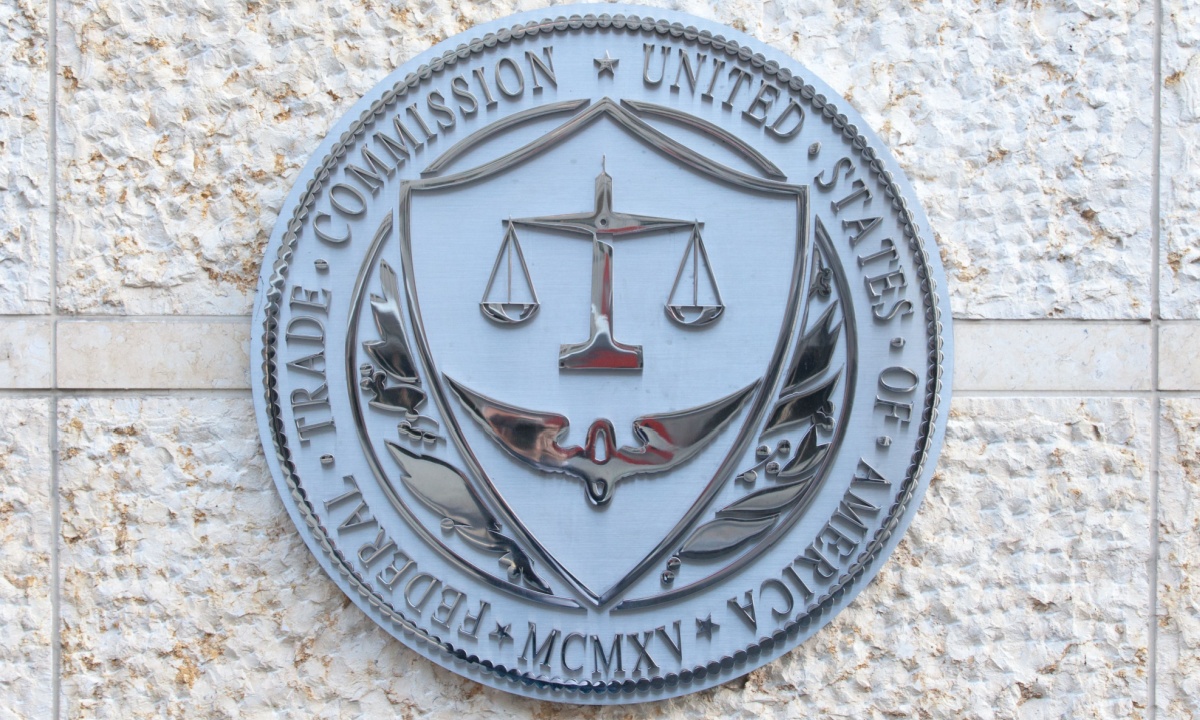
By: Ioana Gorecki & Andrea deLorimier (Kelley Drye)
As the November election draws nearer, critical legal and political issues are re-emerging at the Federal Trade Commission (FTC), with fresh criticism coming from both inside the agency and from Congress. On Tuesday, September 17, Republican FTC Commissioner Melissa Holyoak expressed concerns about the Commission’s increasingly aggressive stance on rulemaking and enforcement during her remarks at the National Advertising Division (NAD) conference in New York. Just two days later, on September 19, several members of the House of Representatives voiced similar criticisms during an Energy and Commerce Committee hearing, arguing that the “FTC’s departure from its traditional standards is impacting Americans in their daily lives.”
The critiques have largely focused on a common theme: that the agency’s leadership is overstepping its statutory authority through various policy initiatives and enforcement strategies, including its intention to invoke the rarely used penalty offense authority.
Commissioner Melissa Holyoak’s Remarks Highlight Internal Divisions
During her address at the NAD conference, Commissioner Holyoak provided three specific examples of what she believes are instances where the FTC has exceeded its legal authority:
- Amendment to the Health Breach Notification Rule (HBNR):
Commissioner Holyoak argued that the FTC’s recent amendment to the HBNR is incompatible with the text of the governing statute, suggesting that it signals to Congress that the agency cannot be trusted to adhere to its legal boundaries. - Penalty Offense Authority under Section 5(m)(1)(B):
Holyoak criticized the FTC’s use of penalty offense authority letters, asserting that they do not adequately notify companies that their conduct is unlawful. She further contended that the Commission is attempting to levy civil penalties on behaviors that differ from those previously determined to be unlawful in Commission orders. - Section 18 Rulemaking:
Holyoak also expressed concerns about the FTC’s issuance of multiple notices of proposed rulemaking without demonstrating that the practices at issue are “prevalent” under Section 18, as required. She cautioned that this approach could lead the FTC into “premature regulation” of activities that have not been sufficiently analyzed.
Holyoak’s remarks highlight growing internal divisions within the FTC and add to the mounting external pressure from lawmakers. As the agency navigates this criticism, its actions will likely come under increased scrutiny in the lead-up to the election.
Featured News
Belgian Authorities Detain Multiple Individuals Over Alleged Huawei Bribery in EU Parliament
Mar 13, 2025 by
CPI
Grubhub’s Antitrust Case to Proceed in Federal Court, Second Circuit Rules
Mar 13, 2025 by
CPI
Pharma Giants Mallinckrodt and Endo to Merge in Multi-Billion-Dollar Deal
Mar 13, 2025 by
CPI
FTC Targets Meta’s Market Power, Calls Zuckerberg to Testify
Mar 13, 2025 by
CPI
French Watchdog Approves Carrefour’s Expansion, Orders Store Sell-Off
Mar 13, 2025 by
CPI
Antitrust Mix by CPI
Antitrust Chronicle® – Self-Preferencing
Feb 26, 2025 by
CPI
Platform Self-Preferencing: Focusing the Policy Debate
Feb 26, 2025 by
Michael Katz
Weaponized Opacity: Self-Preferencing in Digital Audience Measurement
Feb 26, 2025 by
Thomas Hoppner & Philipp Westerhoff
Self-Preferencing: An Economic Literature-Based Assessment Advocating a Case-By-Case Approach and Compliance Requirements
Feb 26, 2025 by
Patrice Bougette & Frederic Marty
Self-Preferencing in Adjacent Markets
Feb 26, 2025 by
Muxin Li